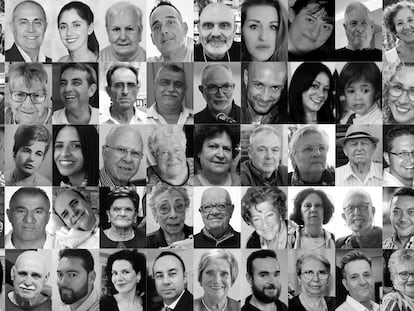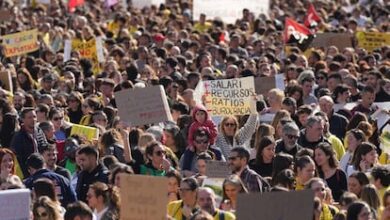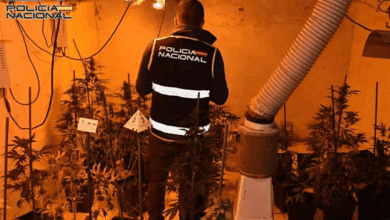
One year has passed since the powerful DANA struck the province of Valencia, leaving not only destroyed homes and streets, but also deep emotional scars. 229 people died, many in front of their loved ones. For the families who lost someone, time seems to have stood still: memories of the tragedy haunt them, while guilt and helplessness torment those who survived.
When the water receded and the streets were cleared of mud and debris, residents faced a new challenge—not only to rebuild their property, but to restore their inner peace. People still fear a recurrence of the disaster, worry about the future, and grieve for the loss of their way of life. For many, the most painful loss was irreplaceable family heirlooms, photographs, and videos that preserved memories of those who are no longer here.
Psychological support and new challenges
In the first months after the disaster, all efforts were focused on restoring homes, handling paperwork, and trying to regain some stability. But as the everyday problems were gradually solved, exhaustion—both physical and emotional—came to the fore. Many began to show signs of anxiety, insomnia, and depression. According to local specialists, the number of people seeking psychological help has nearly doubled.
In the municipalities most affected by the disaster, group sessions with psychologists are held regularly. Here, people share their experiences and learn to cope with anxiety and fear. It is especially hard for those who have lost children or parents. For them, grief and guilt become a daily ordeal.
Children and teenagers: the invisible victims of disaster
Special attention is given to children and adolescents. After the tragedy, many have developed nightmares, fears, and problems with school and behavior. Parents note that their children have become withdrawn, irritable, sometimes showing aggression or, on the contrary, shutting themselves off. Psychologists report that nearly half of families are concerned about their children’s emotional wellbeing.
Additional specialists now work in schools and kindergartens to help children process what they’ve been through. The regional authorities have created new jobs for psychologists and social workers to ensure support for everyone in need.
Long-term effects and hope for recovery
Experts believe the psychological impact of this catastrophe will become the region’s most significant healthcare challenge in recent decades. Even a year after the tragedy, many residents continue to suffer from stress, anxiety, and fear of the future. However, despite all the difficulties, the region has reported a decline in self-harm cases, which is attributed to improved access to psychological support.
Residents of Valencia are learning to live again, supporting each other and not hesitating to seek help. Psychologists urge people not to withdraw into themselves and not to be afraid to talk about their feelings. Authorities promise to continue expanding support programs so that everyone can get the help they need and return to normal life.












